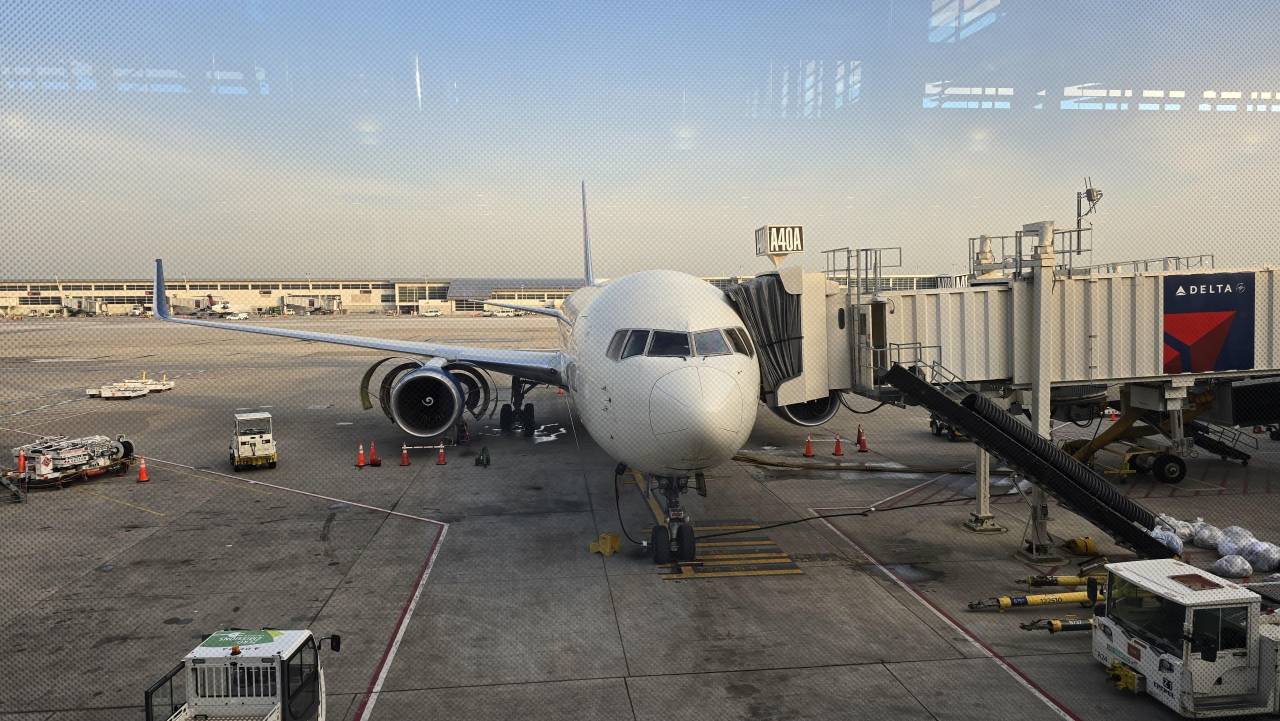The convergence of travel and gambling is creating unprecedented opportunities for brand exposure in unexpected venues. While traditional casino partnerships have dominated the gaming landscape, forward-thinking operators are discovering that airports, airlines, and travel platforms offer captive audiences with time to spare and disposable income. This exploration examines how the travel industry is becoming an emerging frontier for gambling brand integration and customer acquisition.
As digital technology transforms the gambling landscape, airports present emerging opportunities for sports betting and casino-style gaming integration. Recommended CA betting sites by BonusFinder in Canada specialists remain accessible through mobile apps at airports where local regulations permit, creating new touchpoints between travel and gaming experiences. Previously viewed as sterile layovers between destinations, select airports now offer travelers gambling alternatives beyond expensive coffee and magazines.
Casino Innovation Via Airports
Only two U.S. commercial airports currently host casino slot machines: Harry Reid International Airport in Las Vegas and Reno-Tahoe International Airport. Las Vegas leads this niche market significantly.
Several factors contribute to airport gambling's unique position:
- State-level sports betting legalization has opened new regulatory pathways for operators to explore
- Digital and mobile betting systems eliminate the need for large-scale physical casino infrastructure
- Travelers seek entertainment options during extended wait times
- Airports provide captive audiences with disposable income and mobile devices
These venues offer a literal captive audience of adults with spare time, available funds, and readily accessible mobile technology.
Las Vegas Set the Standard
The familiar sound of gambling machines at Las Vegas's Harry Reid International Airport has been a fixture since 1985, when airport gambling pioneered this unique intersection of travel and gaming.
The airport operates approximately 1,400 slot machines overseen by the Clark County Department of Aviation, generating $58.5 million in gaming revenue in fiscal year 2023. These machines have become an iconic aspect of the Las Vegas experience, contributing millions of dollars annually to airport operations.
The integration extends beyond traditional slots through smartphone connectivity and digital gaming platforms.
Sports Betting and Mobile Gaming at Airports
Many states with legalized sports betting allow travelers to use mobile sportsbook apps within airport terminals, creating opportunities planners are exploring for enhanced integration:
Phoenix Sky Harbor International Airport allows Arizona residents to access licensed mobile sports betting apps within the terminal, though the airport itself hosts only Arizona Lottery vending machines rather than dedicated sportsbook kiosks.
Newark Liberty International Airport permits passengers to place mobile wagers through New Jersey-licensed apps while within the terminal, though no physical retail sportsbook operates at the airport location.
Detroit Metropolitan Wayne County Airport announced plans for entertainment lounges, though these focus on video gaming rather than sports betting facilities.
Beyond mobile integration, Reno-Tahoe International Airport maintains a modest but effective gaming area, attracting leisure travelers heading to and from Lake Tahoe.
International examples include select Caribbean and Asian airports that feature small-scale casino areas within terminals, though these remain limited in scope.



Delta Partnership with DraftKings
The collaboration between airline giant Delta and DraftKings represents a first-of-its-kind partnership in aviation gaming, though the arrangement focuses exclusively on free-to-play gaming rather than real-money betting.
Delta's partnership with DraftKings allows eligible SkyMiles members to access free gaming through Delta Sync Wi-Fi on their personal electronic devices, with the airline explicitly stating that the experience excludes any real-money gambling.
United States federal law continues to prohibit gambling devices on commercial aircraft, as established under 49 U.S. Code § 41311, which states that air carriers cannot install, transport, or operate gambling devices on board aircraft in foreign air transportation. This partnership represents creative navigation around existing regulations while building infrastructure for potential future developments.
Commercial flights cannot accommodate real-money betting due to federal restrictions, though passengers can legally place bets in regulated jurisdictions such as airport terminals in states where sports betting is legal.
Enhanced Travel Gaming Experience
While in-flight real-money gambling faces substantial legal barriers, airport-based gaming presents more viable opportunities. Mobile sports betting during flight delays serves multiple purposes for business travelers beyond simple entertainment. These platforms enable users to follow local teams and international athletics through regulated channels.
For leisure travelers, airport gaming represents an additional entertainment option before vacations begin. Airports gain new revenue streams during an era requiring diversified income sources beyond traditional aviation fees.
The evolution toward enhanced gaming experiences may include large screens, comfortable seating areas, and premium amenities within airport terminals and duty-free zones.
Industry Outlook
Airports and airlines increasingly incorporate technologically advanced and interactive features to meet modern passenger expectations. Airport gambling continues expanding its presence, whether through traditional slot machines or mobile sports wagering during layovers.
Travelers can access mobile betting apps in airport terminals within states that have legalized sports betting, while only Las Vegas and Reno airports currently offer physical slot machines. This distinction between mobile access and physical gambling infrastructure shapes the current landscape.
The partnership between Delta and DraftKings, though limited to free-play gaming, demonstrates how major airlines are exploring gaming integration within existing federal regulations. Future developments may depend on potential legislative changes and continued technological innovation in the travel entertainment sector.
The intersection of travel and gaming continues evolving, with airports serving as natural laboratories for new forms of passenger engagement and revenue generation.
